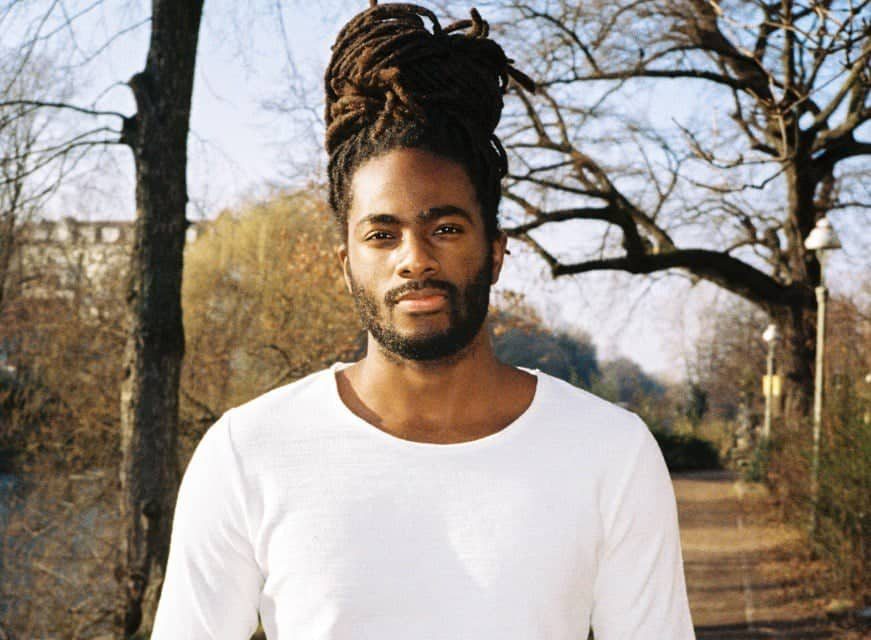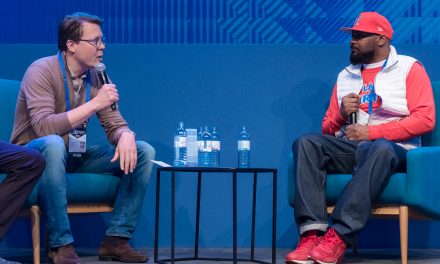LinkedIn profile names are used for personal branding. As a rule, consultants make sure that the description matches what is currently in high demand. Last year there were a lot of blockchain experts on LinkedIn. For us PR people it’s about drumming rather than being modest – but that was too daring for me to do. My new motto is: What would you do if you weren’t afraid of algorithms? The question is intended as a rhetorical question and is meant to encourage customers to lose their fear of contact and to face up to digital change in PR and marketing.

Why are we afraid of algorithms?
In recent months, I’ve actually been working with algorithms and learned that most of what we laypeople think is artificial intelligence, is actually algorithms at work. The first time I discussed this topic was on the Tech Cube, in a meetup with Stewart Rogers, who had previously been on stage talking to BINA 48 The Robot. The last time, it was at Data Natives.
So, algorithms influence our lives more than we know, more than we want, and, like everything in life, they can have positive and negative effects at the same time.
With the help of my LinkedIn network, I’ve now launched a You Tube Channel, where I’ll explore what data experts would do if they weren’t afraid of algorithms. I was inspired to do this by David Asabina, who wrote an answer to my slogan that I liked so much that I asked him if I could interview him about it. So one thing led to another and here is the result:
David Asabina is very versatile. He is a maker. The maker movement is a contemporary subculture representing a technology-based extension of the DIY culture, that intersects with the hacker movement (which is less concerned with physical objects, as it focuses on software rather than hardware) and revels in the creation of new devices, as well as tinkering with existing ones.
David Asabina is also the founder of Asabina GmbH, a company offering consultancy and engineering services to assist clients in learning how to transition to the next stage and materialize ideas into functional tech.
Together with his girlfriend, the photographer Lenipaperbots, he is traveling around the world and being part of its constant evolution, a positive force for change. On the way back from Factory Berlin, where we shot the video clip, David told me about a very nice project he would like to implement in the near future. He is of the opinion that people in the tech industry are spending far too much time in their own bubble and that this is not good for the industry itself and ultimately not for our society: “All other non-tech disciplines should also understand what it is all about: so that future solutions can be found together for everyone. And fears of algorithms can give way to fascination for them. We fantasized a little about such Meet Ups in Berlin, the city that is full of Meet Ups, but which are usually not designed to be cross-industry.”





